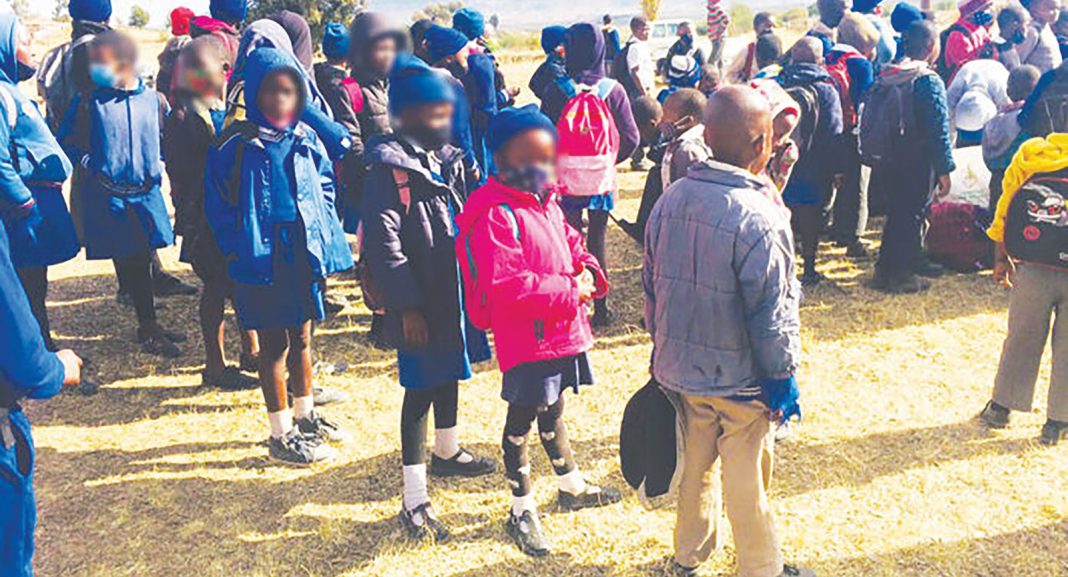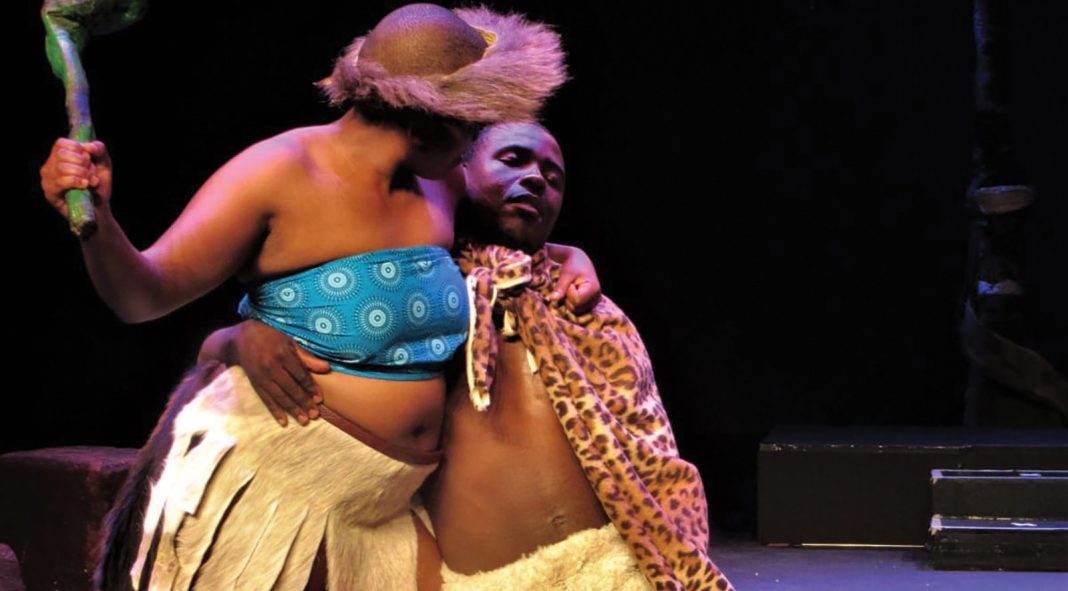The World Bank Group’s International Development Association (IDA) has set aside about M372,2 million towards the Lesotho Improved Education Project.
The credit funds were approved on Monday this week.
IDA, which was established in 1960, helps the world’s low-income countries by providing grants and low to zero-interest loans for projects and programmes that boost economic growth, reduce poverty, and improve people’s lives
According to the World Bank, this is a new package of support to Lesotho, which will see a major boost for the country’s education sector with work focused on enhancing infrastructure and physical learning conditions in targeted primary and secondary schools and improving the quality of teaching.
A statement issued by the World Bank on Monday explained that while Lesotho is making commendable progress in providing basic education and achieving universal access at the primary level, it continues to face significant challenges in the basic education sector.
“These challenges include inadequate infrastructure across all levels, low student retention, gender disparities, and primary schools’ lack of basic infrastructure of classrooms and latrines,” the statement read.
The minister of education and training, Ntoi Rapapa, said his ministry is committed to improving access to quality basic education as a core strategy for the country’s socioeconomic development. This support will help accelerate Lesotho’s efforts towards improving learner outcomes.
Rapapa said, through the project, his ministry will receive support to strengthen the teaching of foundational skills in early primary grades, implement a national learning assessment in junior secondary school, scale up online mathematics and science training for junior secondary school teachers, and improve basic infrastructure in targeted schools.
The new project aims to support the construction of adequate infrastructure to accommodate growing student populations. This will entail constructing 189 classrooms, 1,140 latrines, 48 laboratories, and 10 workshops, benefitting over 100,000 students across primary and secondary schools.
The construction of science laboratories will have a positive impact on the teaching and learning of science, technology, engineering, and math subjects as it will provide hands-on experience to learners, enabling them to have a deeper understanding of scientific concepts.
World Bank’s acting resident representative in Lesotho, Daniel Gerber, said the country partnership framework commits to improving human capital.
Gerber noted that to achieve this, the institution is committed to providing the necessary support to improve the quality of education. It is also keen to increase retention at the secondary level to strengthen the foundation for future learning and skills acquisition.
“The project builds on the priorities of the ministry of education and training, lessons learned, and opportunities arising from recently closed and ongoing projects, including the Lesotho Education Quality for Equality Project and the Lesotho Basic Education Improvement Project,” the statement added.









